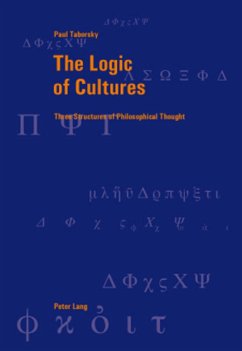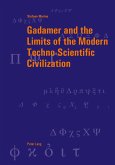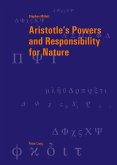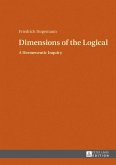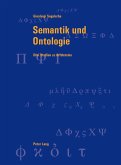This book proposes to identify three long-term structures in causal reasoning - in particular, in terms of the relationship between cause and identity - that appear to be of value in categorizing and organizing various trends in philosophical thought.
Such conceptual schemes involve a host of philosophical dilemmas (such as the problem of relativism), which are examined in the first chapter. A number of naturalistic and transcendental approaches to this problem are also analysed.
In particular, the book attempts to construct a theoretical basis for Foucault's tripartite classification of epistemological structures in European thought.
The final chapter attempts to buttress the above schema by extending the analysis from cause and identity to growth, change, and stability, critiquing certain ideas of Foucault and Heidegger, as well as examining the contemporary thought of process philosophy and complexity theory.
Such conceptual schemes involve a host of philosophical dilemmas (such as the problem of relativism), which are examined in the first chapter. A number of naturalistic and transcendental approaches to this problem are also analysed.
In particular, the book attempts to construct a theoretical basis for Foucault's tripartite classification of epistemological structures in European thought.
The final chapter attempts to buttress the above schema by extending the analysis from cause and identity to growth, change, and stability, critiquing certain ideas of Foucault and Heidegger, as well as examining the contemporary thought of process philosophy and complexity theory.

